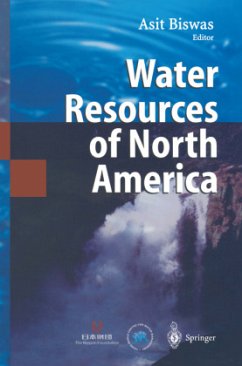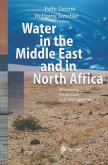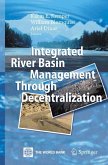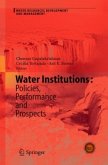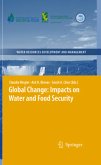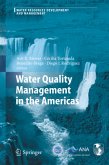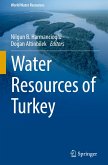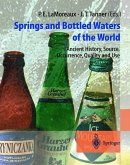Leonardo da Vinci, the eminent Renaissance scholar and philosopher said, "water is the driver of nature". Many may have considered it to be an overstatement in the past, but at the beginning of the third millennium, no sane individual would disagree with Leonardo's view. Water is becoming an increasingly scarce resource for most of the world's citizens. The current trends indicate that the overall situation is likely to deteriorate further, at least for the next two decades, unless the water profession eschews its existing "business as usual" practices, which can only allow incremental changes to occur. Somewhat surprisingly, the water profession as a whole neither realised nor appreciated the gravity of the global water situation as late as 1990, even though a few serious scholars have been pointing out the increasing criticality of the situation from around 1982. For example, the seriousness of the crisis was not a major issue, either at the International Conference on W ater and the Environment, which was organised by the UN system in Dublin and also at the UN Conference on Environment and Development at Rio de Janeiro. Held in 1992, both are considered to be important events for the water sector of the past decade. It is now being increasingly recognised that the Dublin Conference was poorly planned and organised, and thus not surprisingly it produced very little, if any, worthwhile and lasting results.
From the reviews: "This book has achieved its goal of bringing together a wide range of knowledge about North American water resources with extensive reliable data and clear figures. The extraordinary rich contents of this book ... offered some realistic analysis of the future. I can guarantee that this book will be a precious reading for researchers, academicians, policy-makers, hydrologists, conservationists, students and water professionals ... . The book could be used as a general reference as well as for specific and detailed information ... ." (Muhammad Mizanur Rahaman, International Journal of Water Resources Development, Vol. 20 (3), 2004)

